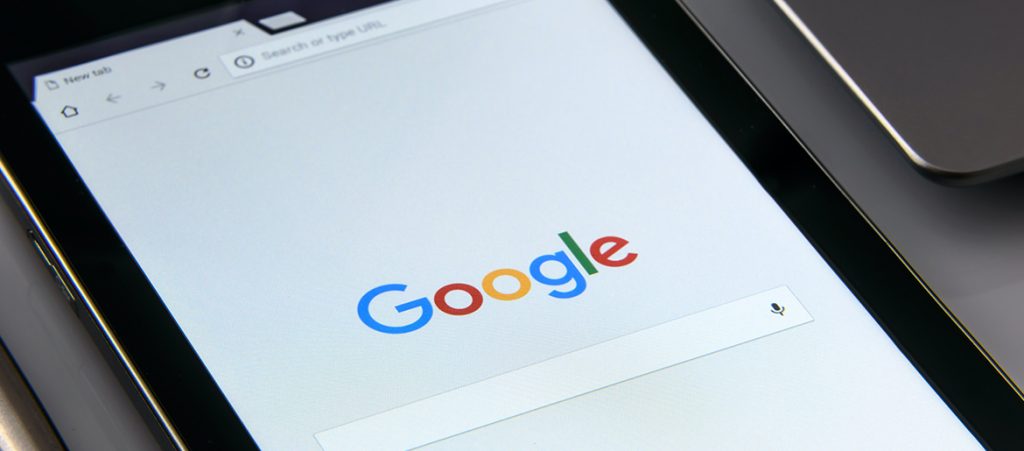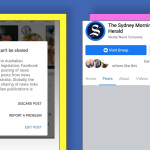Sorry, Google did what?
A spokesperson for Google confirmed that the tech giant is currently blocking some Australian news sites in an experiment that would continue until early February. The purpose of the experiment is to determine how valuable Google search is to Aussie news sites. More specifically it will show them:
- How much traffic it generates for the publishers,
- How much advertising revenue searches for news generates for Google via surrounding ads, and
- What users will do if they can’t find the usual sites in their search
The controversial experiment applies to around 1% of Australian users, and appears to be affecting sites including Sydney Morning Herald, Daily Mail Australia, The Guardian, The Australian and others.
Some commentary suggests that the experiment could lead to Google “pulling parts of it’s search engine” from Australia.
Understandably the news publishers are pissed. As for the rest of us, we’re just worried about what this means in light of the current conversation around tech platforms and censorship.
Wait a minute – why did this happen?
It’s the latest in a long, on-going conversation between “Big Tech” (Google, Facebook), the Federal Government, and Australian news publishers. The question at the centre of it all is: who should pay for journalism in Australia?
Here’s a simplified version of what’s going on:
- The rise of the Internet has hugely de-stabilised the Australian media industries, this is no secret – particularly the commercial model for news and media
- News media is traditionally funded by advertisers*. But in the digital age, Google and Facebook have become *so* dominant they are sucking money out of that model.
For every $1 spent on media advertising in Australia:
53c goes to Google
28c goes to Facebook
Leaving just 19c for the media publishers to fight over
Put another way, Aussie publishers are trying to produce the same (if not more) content with 80% less revenue. Not good.
*This is a very condensed and simplified summary of the issue – it extends much further to data ownership and monetisation of data, originality, globalisation of news, and more…
- To help address the imbalance, the Federal Government stepped in and directed the ACCC to develop a News Media and Digital Platforms Media Bargaining Code. It’s currently in draft state, but here the TL;DR summary is:
Big Tech must pay media owners to provide their news content on its platforms. The price will be determined by an independent arbitrator, who must take into account both the value provided by the tech platform to the media owner (i.e.: they drive traffic to the content) and the value provided by the media owner to the tech platform (i.e.: the content attracts users to the platform).
As you can see, that asks a huge question: which side is more valuable, the content or the platform?
Google flat out hates the idea of paying to display content within its own platform. That’s why the Google-blocking-Australian-news test exists– to find out exactly how much traffic they drive to Aussie news sites, in the hopes that will outweigh the value of the content itself.
Related Posts
Ok so what happens next with the bargaining?
The Senate Standing Committees on Economics is now considering the submissions from all players and must release their final report by 12 February 2021. ACCC boss Rod Sims said he wants the whole thing finalised by March.
So who should actually pay for journalism?
That’s the billion dollar question! Whilst on the surface this looks like an argument over money between huge corporations (Google, Facebook, NewsCorp!) it raises broader questions about how we consume journalism too:
- Who pays for the (inherently expensive) creation of Australian journalism? Is it advertisers, platforms, or you?
- Who should control the flow of and access to that content, once it has been created?
Zee Feed is a small player in this game, but the crisis facing the funding of Australian media affects us too. If you find our simple Explainers on complex topics helpful at all, please consider supporting us by buying our book How to Win Every Argument. Grab a copy for less than $10!










